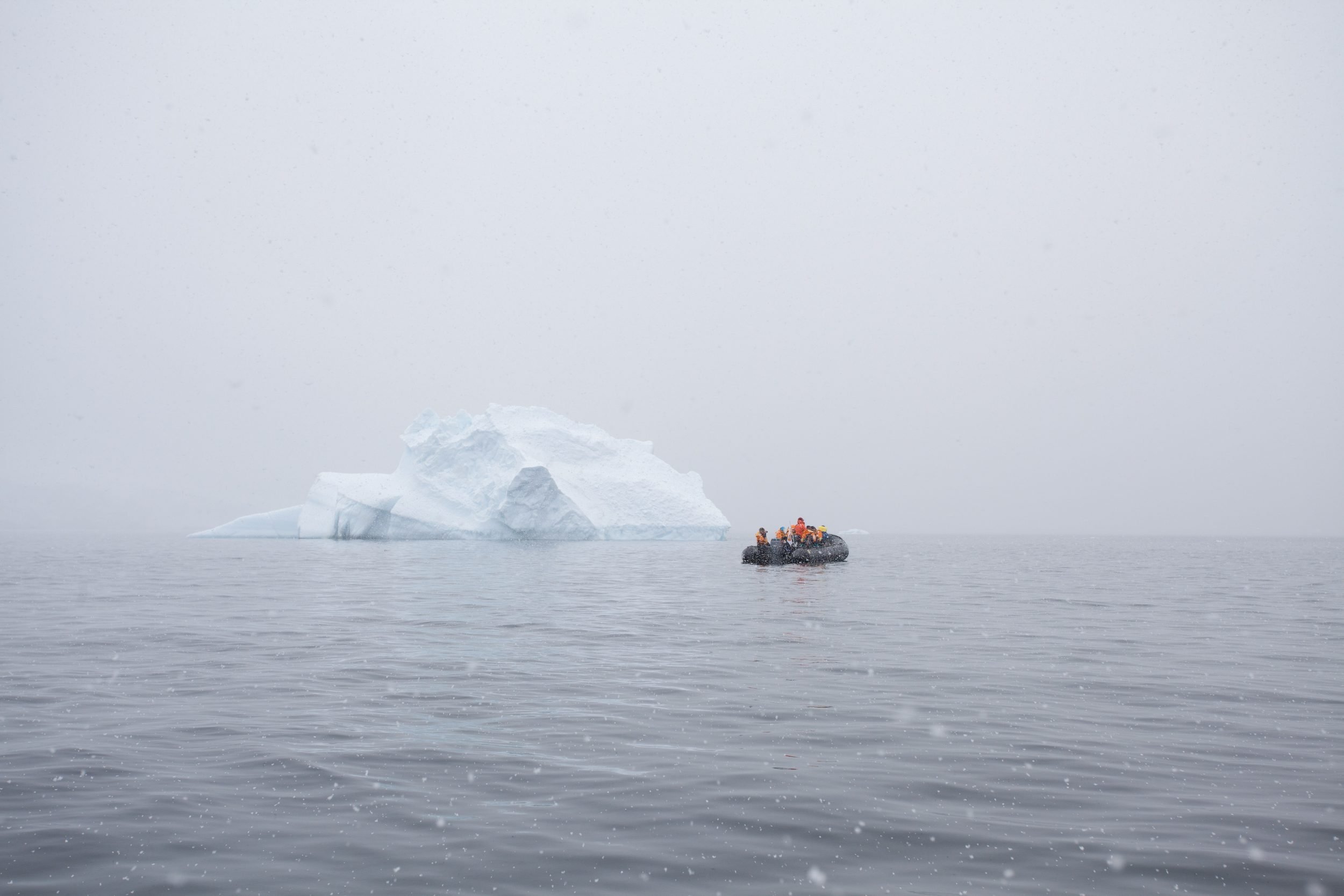Monday, February 21st, 2022 – OTTAWA
In acknowledgment of the commencement of the Decade of Indigenous Languages, and on this International Mother Languages Day, the geographical societies of the world have come together to stand with Indigenous peoples in support of their languages. Geographers and geographical societies are ideally placed to amplify the messages of Indigenous Peoples regarding the connection between lands, and the languages of the original people of those lands.
The signatories to the Declaration of the Global Geography Community ask that revitalization and recognition of Indigenous languages be made a priority by national governments. Further, the signatories pledge to take meaningful and measurable action over the decade, and beyond, to learn from and with Indigenous peoples in support of the preservation and revitalization of Indigenous languages.
“Working on the Indigenous Peoples Atlas of Canada, our Indigenous partners made clear to us the inextricable connection between lands and languages,” said John Geiger, Chief Executive Officer, Royal Canadian Geographical Society. “Indigenous languages are key to the survival of all who live on these lands. We have a shared responsibility to enhance awareness of their diversity and uniqueness, and to commit ourselves not only to their survival but their revival in Canada and globally.”
“The state of Indigenous languages is the consequence of decades of colonialism, racism, and discrimination. Terrible harm has been done. Undoing that harm requires concerted and coordinated action in every region of the world – including here at home,” said Chief Perry Bellegarde, Honorary President, RCGS. “Our Indigenous languages are the languages of our songs, our stories, our teachings, our science, and our laws. Our languages are part of our history. It is so important that our languages also be part of our future – our collective future – together on these lands.”
“I welcome today’s Declaration. As Indigenous communities remind us, language is about more than just words – it is about identity, dignity, and a sense of pride in oneself,” said Prime Minister Justin Trudeau. “The Government of Canada will continue to work alongside Indigenous peoples to protect their languages and culture. In implementing the Indigenous Languages Act, we established the Office of the Commissioner of Indigenous Languages. We are taking action to right past wrongs by ensuring our institutions will be held accountable in promoting and restoring Indigenous languages. Today and every day, we will continue to walk the shared road of reconciliation.”
Declaration of the Global Geography Community on the Decade of Indigenous Languages
Read/download in:
The essence and reach of Geography is much more than the study of the earth’s physical features, atmosphere and the impact of human activity upon them. Human and physical geography are inherently intertwined. Distinct languages and cultures make the human landscape diverse. In turn these distinct languages are, and always have been, shaped by the physical landscape where speakers live.
Geographers then have the opportunity to read, understand and interpret the unique and varied relationships between the land and its inhabitants by seeking to understand the teachings within the language and learning from the First Peoples of respective territories and geographic regions through the languages that shaped them. Indigenous languages are living languages—sourced from the lands, expressing Indigenous creation stories, thriving in the ancient ceremonies and the daily lives of Indigenous Peoples.
January 2022 marks the beginning of the United Nations Decade of Indigenous Languages. Building on the year of Indigenous Languages (2019) UNESCO invites the world to contribute to building a global community for the preservation, revitalization and support of Indigenous languages worldwide. Geographical societies are uniquely positioned to support Indigenous Peoples as they lead the reclamation, revitalization, maintenance and strengthening of their languages while promoting public awareness of the richness and diversity of Indigenous languages through our educational, editorial, and journalistic channels.
Geographers — whether as students, researchers, educators, writers, explorers, practitioners in business or policy, or as engaged and curious travellers — call upon our leaders to make significant, authentic commitments to place the revitalization and recognition of Indigenous languages at the forefront of all that we do and to take sustained and measurable action on those commitments.
Accordingly, we pledge that our institutions will amplify and intensify our efforts and actions to re-examine and contextualize the unique attributes that are the hallmark of the learning, teaching, and practice of geography through the lens of Indigenous Languages that have drawn together citizens of the world for the Decade of Indigenous Languages. We commit to doing all that we can to apply geography’s potent capabilities to the task of making the coming Decade one of hope and of meaningful action.
Signatories to the Declaration:
National Geographic Society • Royal Canadian Geographical Society • Royal Scottish Geographical Society • Royal Geographical Society • International Geographical Union • International Association of Geographers • Association of Nigerian Geographers • Saudi Geographical Society • National Committee for Geographical Science of the Australian Academy of Science • French National Committee of Geography • Vietnam Association of Geographers • Association of Geographers at Germanophone Universities and Research Institutes • Croatian Geographical Society • Japanese National Committee for the International Geographical Union • Portuguese Association of Geographers • Australian Geographic • Geographical Societies in Germany, Austria and Switzerland • Lithuanian Geographical Society • Canadian Association of Geographers • Centre for Geographical Studies, University of Lisbon • Estonian Geographical Society • Geographical Society of China • EUROGEO – European Association of Geographers • Israel Geographical Association • Italian Geographical Society • Society of South African Geographers • Geographical Society of Ireland



